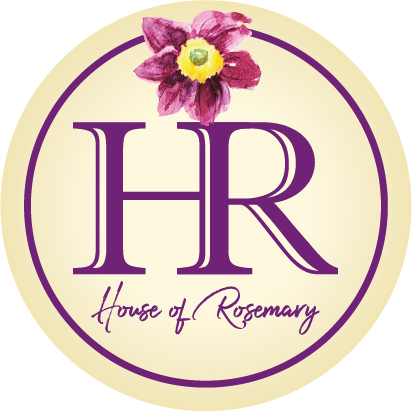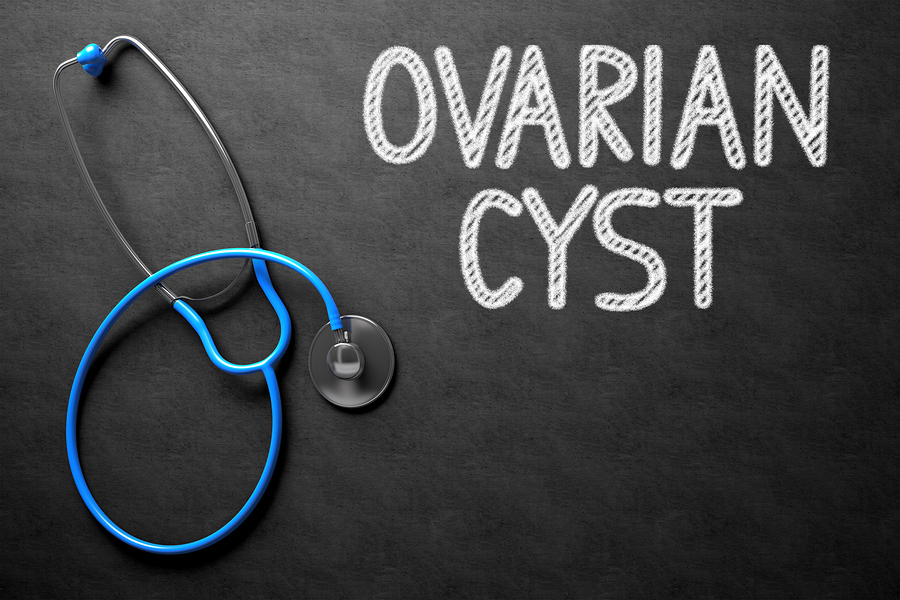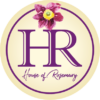Intro to PCOS (4min Read)
Next time you’re out and about, take a good look around you because there’s a high likelihood you’ve crossed paths with women suffering silently with polycystic ovarian syndrome (PCOS).
PCOS are fluid-filled sacs on or around the ovaries. They can vary in size and number, which often influences the severity of symptoms.
So what causes it?
- PCOS is related to excess androgen levels (high testosterone).
- It is a metabolic condition that can also be caused by insulin resistance or diabetes.
- It can also be complicated by excess weight which can cause a sluggish liver and the slowing down of hormone excretion.
- A lack of dietary fibre and over-processed/junk foods can often lead to hormone imbalance.
- Environmental toxins and xeno-hormones from plastics often plays a role in PCOS.
What are the symptoms?
Abdominal pain & swelling
Acne
Hirsutism (overgrowth of facial & bodily hair due to high testosterone)
Weight gain
Irregular or absent periods
Infertility
Mood swings
If you’re experiencing many of these symptoms, it may be worth seeing a medical herbalist or your GP to have a deeper look into what is going on.
122 women took part in a three-month study to find out the impact of lifestyle and herbal medicine on PCOS. The study revealed a significant reduction in lack of periods in the group receiving both lifestyle and herbal medicine, compared to the group only receiving lifestyle advice. The changes, reported in over half of the women in the study, also showed an increase in conception rates, with more women being able to get pregnant by the end of the study.
This sheds light on gaps herbs help to fill and the incredible potent but gentle way they are able to bring about positive results. Herbs do an excellent job of restoring the body back to normal and protecting it from environmental toxins that get in the way of optimal reproductive health.
Take homes:
- PCOS is related to excess androgen levels (high testosterone).
- Symptoms can include abdominal pain & swelling, acne and hirsutism (overgrowth of facial & bodily hair due to high testosterone).
- It is worth seeing a medical professional who is experienced in treating PCOS, in order to get to the root of the problem. Find out more by booking a free 30 min consultation.
For great tips and solutions to reducing period pain naturally, sign up for your FREE guide ABC to Living Pain-Free today.
References
Arentz, S., Smith, C.A., Abbott, J., Fahey, P., Cheema, B.S. and Bensoussan, A. (2017) Combined lifestyle and herbal medicine in overweight women with polycystic ovary syndrome (PCOS): A randomized controlled trial. Phytotherapy Research, 31(9) 1330-1340.
Carmina, E., Guastella, E. and Longo, R.A. (2016) Advances in the diagnosis and treatment of PCOS. Current Pharmaceutical Design, 22(36) 5508-5514.
Harris, H.R., Titus, L.J., Cramer, D.W. and Terry, K.L. (2016)Abstract B37: Menstrual Cycle Characteristics, PCOS, and Ovarian Cancer Risk., .
Randeva, H. (2017) Is cardiovascular risk increased in women with PCOS?-FOR.
Rosenfield, R.L. and Ehrmann, D.A. (2016) The pathogenesis of polycystic ovary syndrome (PCOS): The hypothesis of PCOS as functional ovarian hyperandrogenism revisited. Endocrine Reviews, 37(5) 467-520.



